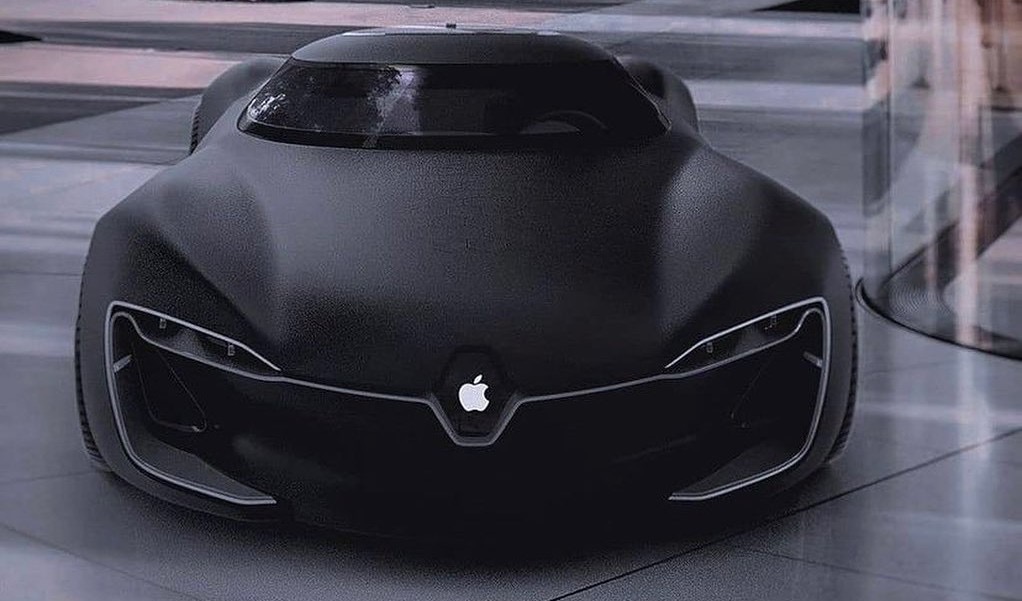As electric vehicles (EVs) gained popularity in 2015, Apple decided to change course and go into the automotive sector. But why specifically did they wish to enter the automotive sector? Think CarPlay, but for the whole vehicle! Apple desired close hardware and software integration to generate new revenue streams from in-car services.
Apple, known for its sleek design and innovative products, ended its secret project “Project Titan” in 2024, focusing on generative AI instead of high-tech cars. The tech giant was rumored to be entering the automotive industry with a revolutionary electric car. However, after years of setbacks and shifting goals, Apple officially pulled the plug on Project Titan.
Genesis and leadership
Apple’s Project Titan, a secretive car project, was a subject of media speculation, with reports suggesting Apple was considering self-driving, ADAS, or partnering with automakers. However, the project faced challenges in building a car from scratch, requiring expertise in areas outside Apple’s core competencies, and attracting and retaining talent from the automotive industry.

According to reports, Apple’s leadership changed the project’s course, preferring either a completely autonomous car or a step-by-step strategy with cutting-edge driver aid capabilities. Internal conflict and progress were hampered by this indecision.
In 2018, Doug Field, a former Tesla senior vice president, joined Apple as the Project Titan leader, bringing industry experience. Apple also partnered with Volkswagen to potentially produce a self-driving employee shuttle van.
Challenges and concerns
However, excitement for Project Titan began to fade. Testing of self-driving prototypes on public roads was challenging, and the technical barriers to true autonomy proved to be more significant than anticipated. Project Titan faced several challenges, including viability, safety concerns, and technical issues.
Given the enormous expense of developing an automobile with cutting-edge technology, the project, which may have cost hundreds of billions of dollars, was judged to be too costly. After just three years, key players like Doug Field left, suggesting that Apple’s dedication to the project may have changed. As a result, several well-known engineers and executives who had played a key role in Project Titan left.
For some, some of its ideas were a little too ambitious. Even at its cheapest, the car would have probably sold for no less than $100,000.
The collapse of Project Titan
Project Titan’s demise became more apparent in 2023, with internal reports suggesting a reduction in focus on autonomous driving technology integrated into existing vehicles, possibly due to the significant technical and financial challenges of creating a new car from scratch.
In early 2024, Apple cancelled its plans for an electric car, refocusing on generative aluminum internally. This decision led to large-scale layoffs of hundreds of project employees. This cancellation was surprising given Apple’s history of ambitious projects and the challenges of the automotive industry, high production costs, and regulatory hurdles. Apple’s traditional business model focuses on premium products with high margins.




